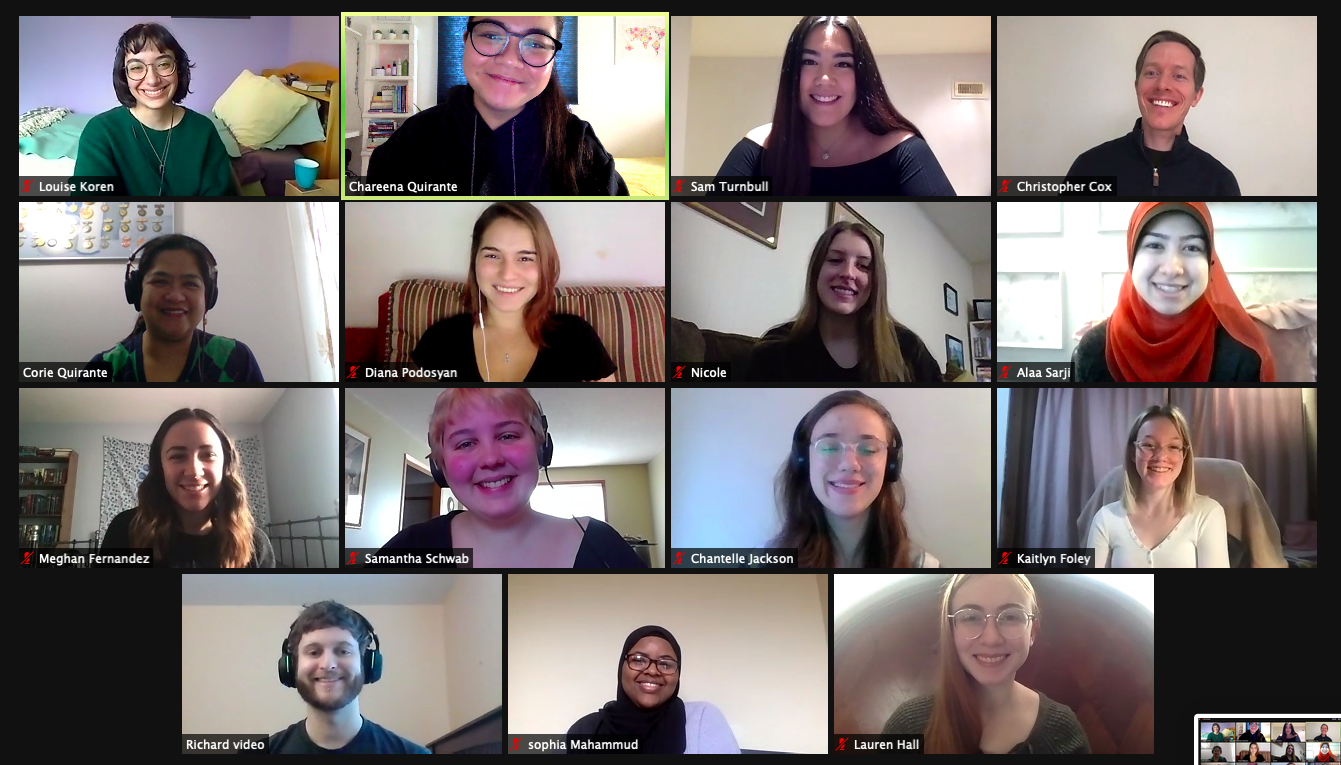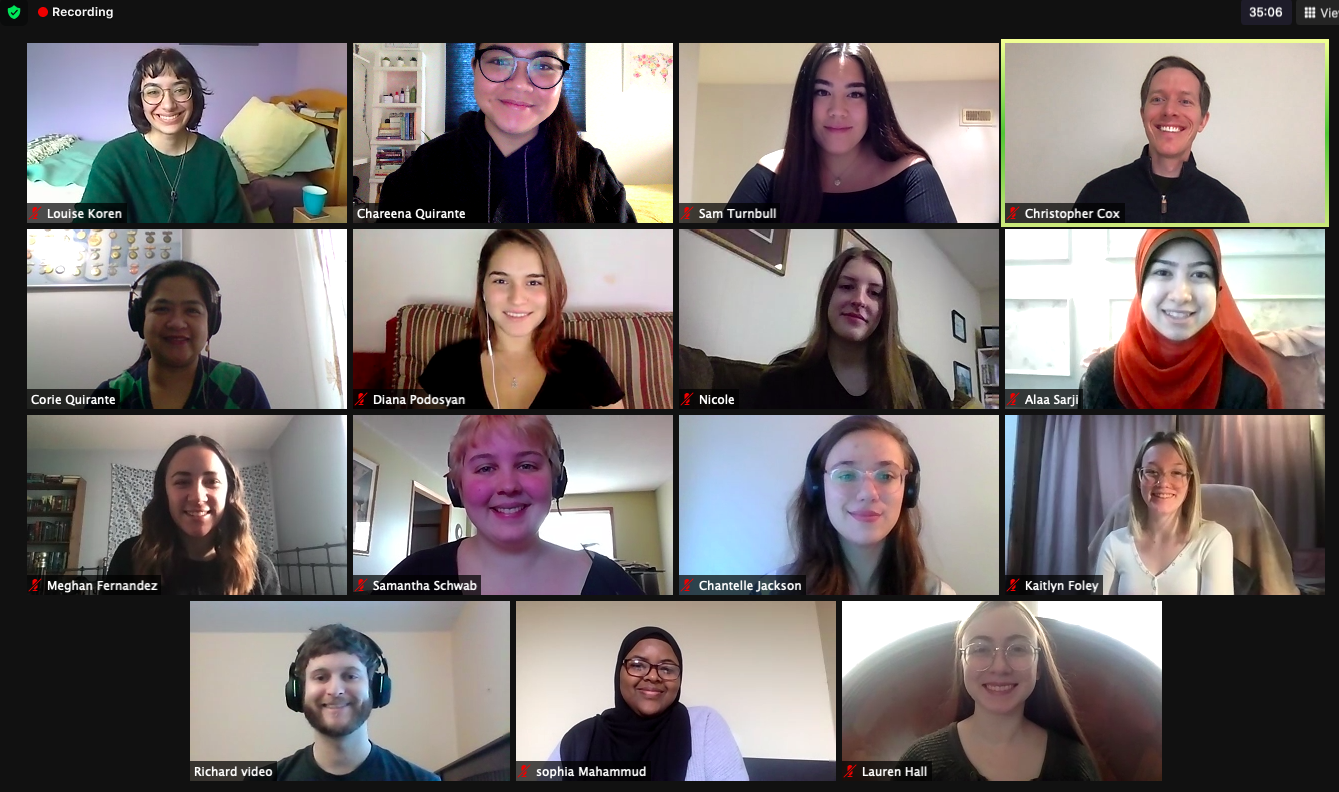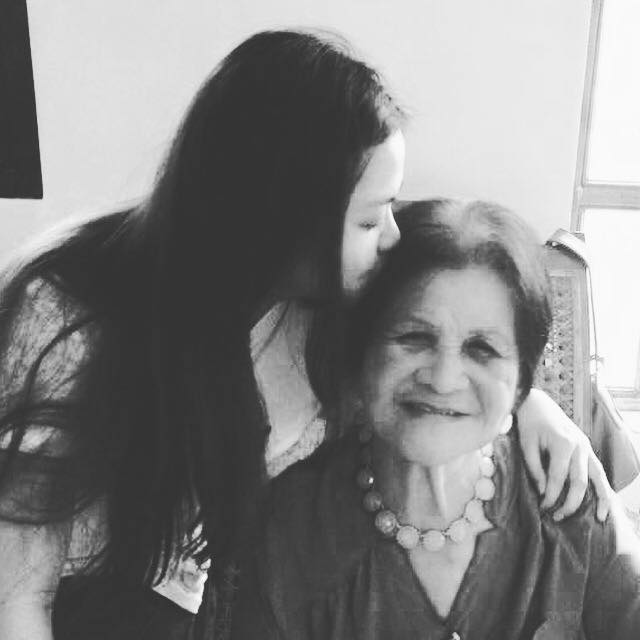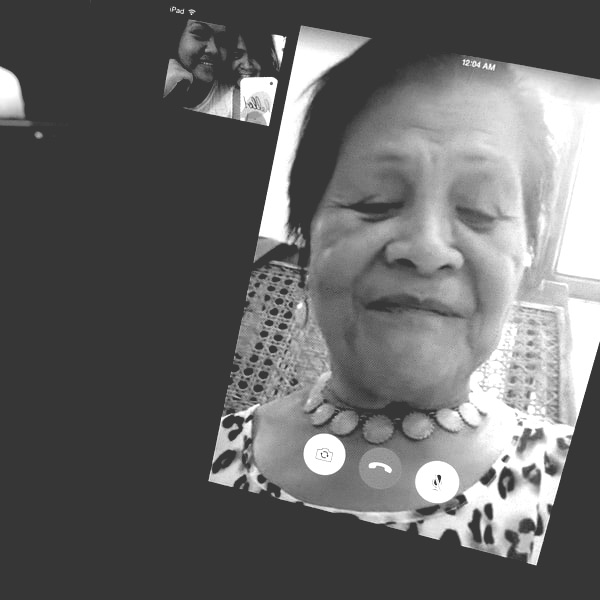|
“/baˈgat/ you can eat, /ˈbagːat/ you cannot”: A Phonological Sketch of Yogad Presentation for Linguistics 2007: Phonetics Carleton University Ottawa, Canada January 22, 2021 Yogad Kan: Creating Spaces for a Tribal Language Presentation for ALDS 2704: Bilingualism Carleton University Ottawa, Canada January 28, 2021 What better way to start the year than to be invited to present some of the developments in Yogad research? I would like to thank Dr. Christie Brien for this opportunity to share some of the work related to Yogad, first in her Phonetics class and second for her Bilingualism class in Carleton University. Sharing these videos with you all, and may we keep creating spaces for our heritage languages!
Correction: The Yogad First Primer was published in 1956, not in 1957 (see Related Research).
0 Comments
The unthinkable has happened: Last Fall, a group of student linguists from Carleton University here in Canada did some work on documenting Yogad for a Linguistic Field Methods class! Although I am of Yogad heritage and a receptive user of the language, I started the course with practically no experience in documenting a language, just like everyone else in class. Much of my research involve language preservation in the context of language planning and policy, so I was eager to gain some skills related to producing more concrete work for the Yogad language community. Not to mention that the class was handled by Dr. Chris Cox, an expert I look up to in the field.
Working with Corie (a.k.a. my mom) as language consultant, we began by eliciting some basic words and phrases in Yogad, before moving on to categories (family, food, body parts, nature, animals, and so on) and other language activities (describing pictures and videos). Since we didn't know how to spell in Yogad, we initially transcribed the words in sound symbols using IPA and created an online database for them. This allowed us to establish a phonetic inventory, and later on create our phonetic and morpho-syntax sketches. We would also ask Corie to tell us stories, and this gave us some idea of what Yogad sounded like in context and in a more natural environment. True to the collaborative core of Indigenous research, we worked in groups and discussed findings in class every week. As the course progressed, we became better at noticing patterns, as well as nuances in our data. As the language consultant is always considered an expert, we learned to better phrase our questions and adjust our plans. For example, I never realized just how different language groups conceptualized time until we started asking Corie about past, present, and future actions. When we tried to frame the session against the patterns that existed in English, we realized that a simple translation was not the way to go - a lot of the concepts were untranslatable and confusing for Corie. When we asked her how to say "he walks" in Yogad, she asked, "Well, does he walk a lot? Does he plan on walking for a long time?" We later learned that reduplication is a feature in Yogad which emphasizes repeated action or intense emotion. Personally, it was really interesting working with my mom. She really is a lot funnier in Yogad. To me, the course did not just help me transition further into becoming an active speaker of the language, but it made me appreciate our culture more. I once heard a linguist say that people have words for things that are important for them. Did you know that the Yogads have no word to just mean "fish"? We have a word for every kind of fish! This made even more sense when I learned that the Yogad people lived by the Cagayan River, the longest and largest river in the Philippines. One other thing that stood out to me was when we asked Corie to translate "a child" and she asked "Whose child is it? A child always belongs to someone." - It was then that I understood how connected the Yogad people are as a tribe. As our final project, we created nine children's storybooks in Yogad. Some were adapted from well-loved stories such as "Cinderella" and "The Very Hungry Caterpillar," and some created original stories featuring Pedro and his dog, mangoes, and even a murder mystery! I hope to share those stories here on my website soon. They are far from perfect, but that's the point of language documentation - It's not so much about arriving at an absolute truth, but more on the process of discovering truths at certain points in time. If you are a Yogad speaker, you can always give your input as an expert and we'll fix it. Just as a language thrives when it is spoken as a community, let's also work together on making sure Yogad becomes more and more visible in the literature. Finally, here are some photos from our last day. This day was quite emotional for me and my mom, but at the same time it reminded us of what's possible for Yogad! Mabbalat nikam atanan, Chris and friends, for an unforgettable, truly life-changing class! |
Her people,
|
This online site may be cited as: Quirante, C. (2023). Yogad kan. Retrieved from www.yogadkan.com




 RSS Feed
RSS Feed